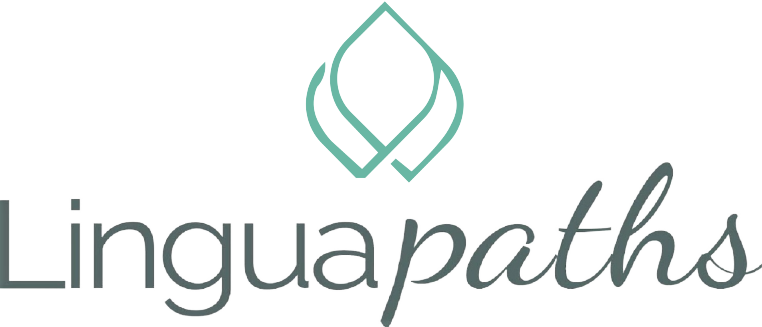Amalia Gavina
- Posted on
- No Comments
Seven complex lessons in education for the future|Los siete saberes necesarios para la educación del futuro

In Socio-constructivism, one of the subjects in the master I’ve recently completed, I had access to one of the most enlightening texts I’ve read in the course. I’m talking about Edgar Morin and “Seven complex lessons in education for the future”. What follows is a brief summary of the main ideas in the book.
Some of the main concepts are closely linked to Vygotsky and Bruner’s ecologic theory (socio-constructivism), as when Morin says that “it is necessary to teach the methods that allow people to learn the mutual relations and reciprocal influences between the different parts and the whole in a complex world”. He suggests that it is necessary to connect knowledge, information, learnings and not to separate them because the inability to organize disperse knowledge leads to the impairment of our natural disposition to contextualize and globalize.
He underlines the importance of teaching the human being’s complex identity, and what it means to “be human”.
He also talks about the need to teach strategies and strategic principles that enable people to confront uncertainties, the unexpected, and risks.
Teaching understanding must also be part of education, and a fundamental part since “understanding is both a means and an end of human communication”. A great part of our racism, xenophobia, discrimination and wars is originated from a mutual lack of understanding.
In education for the future should also exist an “anthropo-ethics”. It is based on the awareness that “a human being is, at the same time, an individual, a member of a society, and a member of a species”.
You can read the complete article here.
Here´s an interview with the author.
Spanish version:
A través de Socioconstructivismo, una de las asignaturas del máster que he hecho, tuve acceso a uno de los textos más iluminadores y cautivadores que he leído en el curso. Me refiero a Edgar Morin y “Los siete saberes necesarios para la educación del futuro”. A continuación voy a intentar hacer un breve resumen de las ideas que, a mí entender, son las principales.
Algunos de los conceptos principales del libro están íntimamente ligados a la teoría ecologista de Vygotsky y Bruner (socioconstructivismo), como cuando Morin dice que “es necesario enseñar los métodos que permiten aprehender las relaciones mutuas y las influencias recíprocas entre las partes y el todo en un mundo complejo”. Sugiere, más que nada, la necesidad de conectar los conocimientos, de ligarlos y no de separarlos, porque “la incapacidad de organizar el saber disperso y compartimentado conduce a la atrofia de la disposición mental natural para contextualizar y globalizar”.
Morin subraya la importancia de enseñar la identidad compleja del ser humano y lo que significa “ser humano”. Habla acerca de la necesidad de enseñar estrategias que permitan enfrentar lo incierto, lo inesperado, los riesgos.
La comprensión también tiene que ser parte de la educación, y una parte fundamental ya que nos comunicamos a través de ella y para ella. Gran parte de los problemas actuales de racismo, xenofobia, discriminación y guerras surgen a partir de una gran incomprensión mutua.
En la educación del futuro también debe existir una “antropo-ética”. Ella se sostiene sobre las bases de la conciencia de que el individuo es a la vez individuo, miembro de una sociedad y miembro de una especie. “Todo desarrollo verdaderamente humano debe comprender el desarrollo conjunto de las autonomías individuales, de las participaciones comunitarias y la conciencia de pertenecer a la especie humana”.
El artículo completo se puede consultar aquí.
Aquí una entrevista con el autor.
